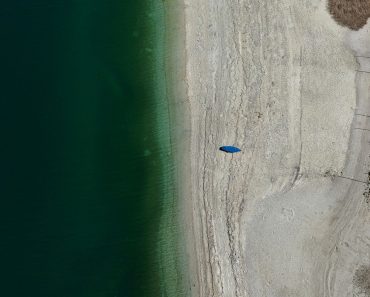A court on Thursday began hearing a high-profile fraud case involving the alleged misuse of European Union agricultural subsidies through falsified land lease claims.
Seven defendants are accused of submitting fraudulent applications to OPEKEPE, the agency responsible for managing EU subsidies, and receiving tens of thousands of euros in subsidies from the national reserve, a fund intended to support young and new farmers. The national reserve is partially funded by EU mechanisms and financed through horizontal reductions in entitlements paid to legitimate farmers.
“This was a method, a scheme, used to access funds without meeting eligibility criteria,” said Paraskevi Tycheropoulou, an OPEKEPE official and the prosecution’s key witness. “In many cases, the land listed had never belonged to the applicants or had been declared by someone else in the past.”
According to Tycheropoulou, an internal audit was launched in 2019 after anonymous tips raised suspicions of widespread abuse. She reviewed nearly 300 taxpayer IDs linked to suspicious claims, many of which showed fake lease agreements for non-grazed pastures or mountainous land, sometimes belonging to deceased individuals. “Entire mountains were declared as leased pastureland by people without a single animal,” she told the court.
Defense attorneys denied wrongdoing and argued the properties were lawfully acquired. Two defendants have repaid the funds in full, prompting debate over whether repayment extinguishes criminal liability under EU rules. The court rejected initial objections to the indictment’s legality but reserved judgment on whether the offense remains prosecutable.
“This court is being asked to interpret a provision in uncharted legal territory,” defense lawyer Theodoros Mantas said.
The trial marks the first of at least eight similar cases to reach court in what prosecutors allege may be a broader pattern of agricultural subsidy fraud.
The case unfolds amid mounting scrutiny of OPEKEPE. On Tuesday, the government announced it would dissolve the agency and transfer its responsibilities to the Independent Authority for Public Revenue (AADE), following years of corruption scandals and EU investigations.
Earlier this month, on May 19, prosecutors from the European Public Prosecutor’s Office (EPPO), accompanied by 20 officers from the Hellenic Police’s anti-corruption unit, raided OPEKEPE’s headquarters. Authorities said they uncovered an extensive scheme involving fictitious pastureland claims used to illegally obtain EU funds.







